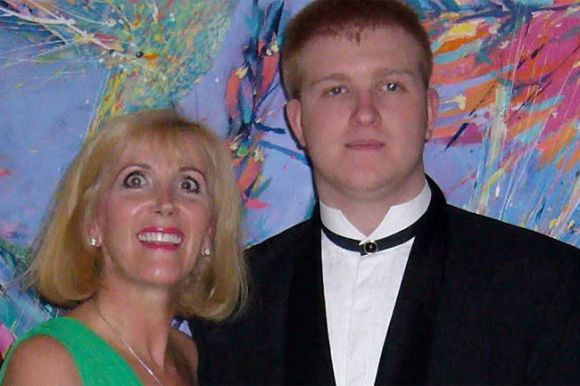A Courier Mail article on Ali France, the candidate set to take on Opposition Leader Peter Dutton in his seat of Dickson, tells a story all too common in discourses of disability.
The article begins by introducing readers to the human interest within the piece. France is not just a political hopeful; she is a mother who has lost her son and a survivor herself.
Anyone familiar with Ali France, who has campaigned in the seat of Dickson since the shock election defeat of Bill Shorten in 2019, will know her story.
Losing her leg after saving her son from being run over, Ali went on to campaign for people with disabilities and the people of Dickson without seeking pity and without invoking the inspirational narratives that so often accompany stories like hers.
The change of tactic, from speaking of her own experiences to telling the story of her son, who passed away last year at the age of 19, is both emotional and a clever move from the woman who hopes to take the seat of Dickson and knock the Opposition Leader out of office.
It is undeniable that the loss of her son is a devastating experience and that (if you believe in luck) France would be viewed as getting a raw deal.
But by framing France first as a hero and now as an underdog, the Courier Mail, along with other media outlets that have covered her political rise, are perpetuating disabling stereotypes about disability and motherhood more broadly.
To the Courier Mail’s credit, they chose a photo of France holding her dog, looking defiantly into the camera. This was different from the traditional media representation of people with prosthetic limbs, who are featured almost exclusively with the prosthetic in full view to elicit sympathy from the audience.
The article presents two opposing narratives of France, one as a mother and one as a political operative. Whilst these can work in tandem, they weave a narrative of pity and inspiration that is unlikely to attract much support in the current political climate.
It is somewhat surprising that areas of the political and media sphere have not capitalised on these problematic narratives, although this may be because they don’t generally wash with voters.
However, it is not unlike the media’s use of personal losses suffered by politicians to advance their agenda.
In 2012, former Prime Minister Julia Gillard was devastated by the loss of her father, prompting conservative shock jock Alan Jones to proclaim her father “died of shame”.
Despite this appalling statement, very few called Jones out and Gillard’s political career remained unchanged. The ALP also did not garner the country’s emotional support as part of its campaign to improve Gillard’s political prospects.
Yet the narrative for France has been firmly situated as the woman who has been to hell and back, could have given up but decided to keep fighting.
These narratives are familiar in media coverage of people with disabilities.
That’s not to say that France’s strength in continuing to campaign despite her losses isn’t admirable.
She should be commended for her strength of character and not turning towards negative campaigning to get ahead.
But if she had been a woman who had lost her son and had not had a disability acquired in such a traumatic fashion, would the media coverage have been different?
South Australian Minister Nat Cook lost her son Sam in 2008 following being coward-punched. Her election campaign in 2014 was primarily run on eliciting pity from the electorate for the devastating loss she and her family experienced.
This narrative has resulted in Cook being immune to political scandals and continuing to be a minister in the South Australian Parliament.
But for France, reminding the public of her disability has so far done little to elicit enough support to win the seat of Dickson.
This is despite Peter Dutton himself having faced backlash over claiming France used her disability as an “excuse” for living in the electorate of Dickson in 2019.
The ALP could have called out Dutton’s anti-disability rhetoric to promote France’s electoral hopes and advance progressive change in disability discourse.
Instead, both the Government and the media have latched onto disabling narratives that, whilst it remains to be seen if they will have a positive impact on France’s campaign, often do more harm to people with disabilities more broadly.
Melissa Marsden is a freelance journalist and PhD candidate at Curtin University. You can follow Melissa on Twitter @MelMarsden96, on Bluesky @melissamarsdenphd or via Melissa’s website, Framing the Narrative.
Support independent journalism Subscribe to IA.











